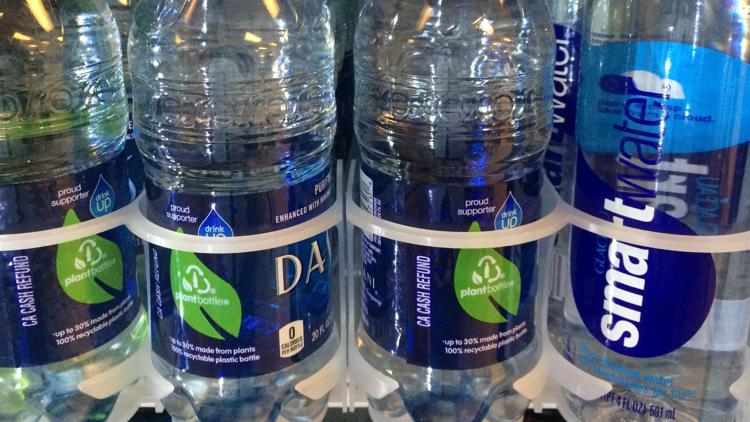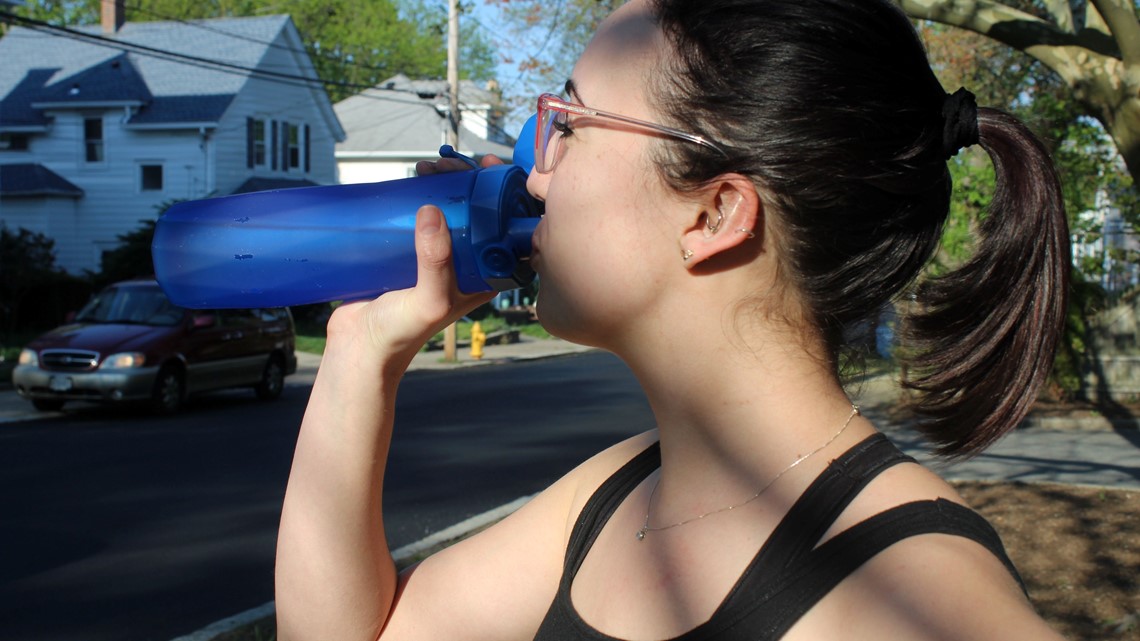NEW ORLEANS — Human body water functions include aiding the digestion process, circulation of nutrients and substances across cell membranes, influencing our metabolic rate, and balance of electrolytes, which are controlled much in part through the central nervous system – all of which are under the auspices of the brain.
The percentage of water in the human body ranges from 50 to 75 percent - depending on age and gender – with an average adult having 57 to 60 percent. Mayoclinic.org comments that men need about 15.5 cups (3.7 liters) of daily fluid, while women require 11.5 cups (2.7 liters). Recommendations also are inclusive of plain water, other beverages, and water content of food – yielding total water intake (TWI).
According to Distinguishing Low and High Water Consumers – A Paradigm of Disease Risk – which appeared in the March 2020 issue of the online peer-review journal Nutrients, “changes of body water volume and osmolality are monitored by the brain, while renal water and electrolyte excretion/retention is regulated by neuroendocrine responses.”
The authors of the study, from the Universities of Connecticut and Hartford, and the Riverside Behavioral Health Center in Hampton, Virginia, states that among other control mechanisms, the primary regulatory components of fluid-electrolyte homeostasis (balance) are thirst and the pituitary release of arginine vasopressin into the circulation
The Connecticut researchers propose a novel theory that there is an increased disease risk in those, who are LOW (habitually low volume) drinkers (1 liter per day) versus High drinkers (>2 liters), which they say causes, “chronic release of fluid-electrolyte and stress hormones.
Most people don’t hit the severe dehydration level (>5% weight loss), but some do sustain mild hydration (1-2%) at some point on a weekly basis. From a sports perspective, a drop of 2.5% body weight in a short time period, such as boxers or wrestlers making weight before a fight, can impair their performance.
Twenty-five to thirty-three percent of all adults in the United States and Europe consume less than 1.5 liters of water per day (i.e., total water intake (TWI) = plain water + beverages + food moisture), according to the Connecticut investigators. This consumption level is considerably less than the adequate intakes for water recommended by the European Food Safety Authority and the U.S. National Academy of Medicine, which is 2.5 to 3.7 liters per day for men and 2.0 to 2.7 for women.
As to nutritional recommendations for LOW water consumers with higher vasopressin values, who may have an increased risk of chronic diseases and potentially lifespan, the researchers offered five goals: select solid foods with a high water content, take action to increase consumption of water and beverages, reduce daily dietary osmolar load by moderating specific foods, self-assess hydration status and avoid overdrinking.
Foods with higher water content include soups, fruits, vegetables and other water-rich foods that can increase TWI more than 1 liter per day – which encourages a shift of nutrient intake toward a healthful plant-based diet - reducing cardiovascular disease risk. However, you should be aware of the salt content.
The researchers also offered six simple lifestyle changes that will help to increase the daily intake of water and beverages by LOW and the elderly.
Select fluid flavors, colors and temperatures that are pleasurable, while considering energy and sugar contents. Place a water bottle next to your computer or wear a refillable bottle on your belt. Refill the bottle each time you empty it. Develop a habit of drinking a glass of water, when you wake, before each meal, after you visit the bathroom, or when you are waiting for someone or an event.
Find a water score-keeping app online or maintain a paper diary/checklist to record the number of glasses you consume. Consider using a container marked with volume indicators or measure the volume of frequently used containers to accurately assess intake. Set a personal water intake goal for each segment of the day. A dietitian can help you to determine a TWI goal, based on the number of calories you consume each day.
Sign up for Mackie Mail, on mackieshilstone.com - my free, weekly wellness update with Fitness in Small Spaces 90-second videos Monday, my Maximum Wellness podcast and script on Wednesday, and, on Friday you receive my WWL/WUPL 3-minute Workout Wednesday segment.
You can also contact spencer@mackienutrition.com should you desire nutrition product shipped or locally delivered to your door. My 4 locally operated GNC franchise stores are open, regularly sanitized – with appropriate staff and customer safety in place. Check mackieshilstone.com for store locations and hours.





